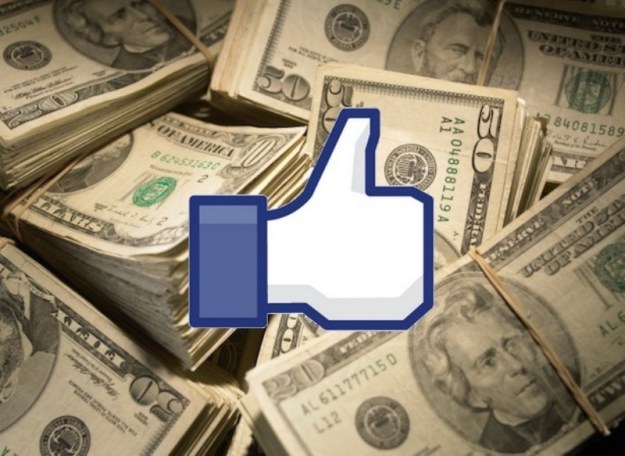 Want more exposure on Facebook? Then get ready to pay.
Want more exposure on Facebook? Then get ready to pay.
New York Times journalist Nick Bilton tested a theory that’s been floating among marketers for a while: Facebook makes darn well sure the posts you pay them to promote get seen by more people than the ones you put up for free.
After Facebook started its “Promoted Posts” feature, Bilton noticed that user interaction with his posts dropped dramatically, even as his subscriber numbers rose. He paid $7 to use the company’s sponsored advertising tool to see how it changed interaction with one of his columns.
After paying to promote, Bilton saw a 1,000 percent increase in likes, shares, and comments on his post.
Facebook disputed the idea that it is suppressing unpaid user posts. Responding to Bilton’s article, Facebook stated:
“”There have been recent claims suggesting that our News Feed algorithm suppresses organic distribution of posts in favor of paid posts in order to increase our revenue. This is not true. We want to clear up any misconceptions by explaining how the News Feed algorithm works.”
The statement continued, “First, in aggregate, engagement – likes, comments, shares – has gone up for most people who have turned the Follow feature on. In fact, overall engagement on posts from people with followers has gone up 34 percent year over year.”
“Second, a few data points should not be taken as representative of what actually is happening overall. There are numerous factors that may affect distribution, including quality and number of posts.”
Facebook insists it’s not buying un-promoted content, but Bilton isn’t the only person with anecdotal evidence to the contrary. A widely-read post at Dangerous Minds explains how both individual Facebook users and brands with fan pages saw their reach diminishing in the spring of 2012, when Facebook curbed the percentage of friends and fans each post reaches.
From t-shirt company owners to professional PR strategists, Facebook’s strategy of lowering fan access until people pony up is well-documented and definitely very real. It’s not surprising the social media behemoth hasn’t bothered to make the algorithm that determines how many people get to see each post public.
Editors' Recommendations
- How to get your share of Facebook’s $750M settlement
- TikTok boss calls out Facebook, Instagram to team up against Trump ban
- Facebook calls Kenosha shooting mass murder after event promoted call to arms
- Zuckerberg defends Facebook’s misinformation and hate policies in earnings call
- What boycott? Facebook earnings unaffected by advertising revolt


